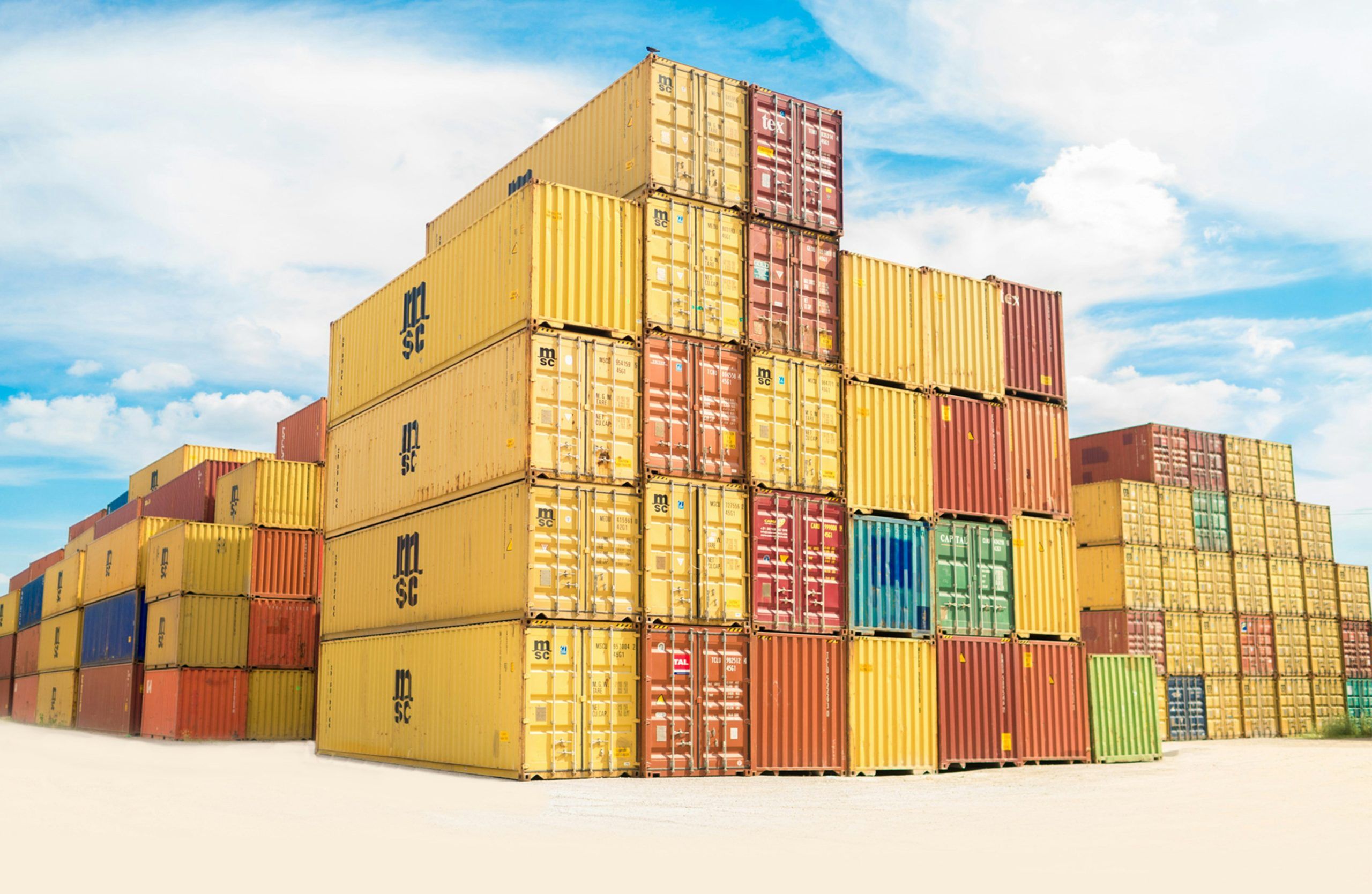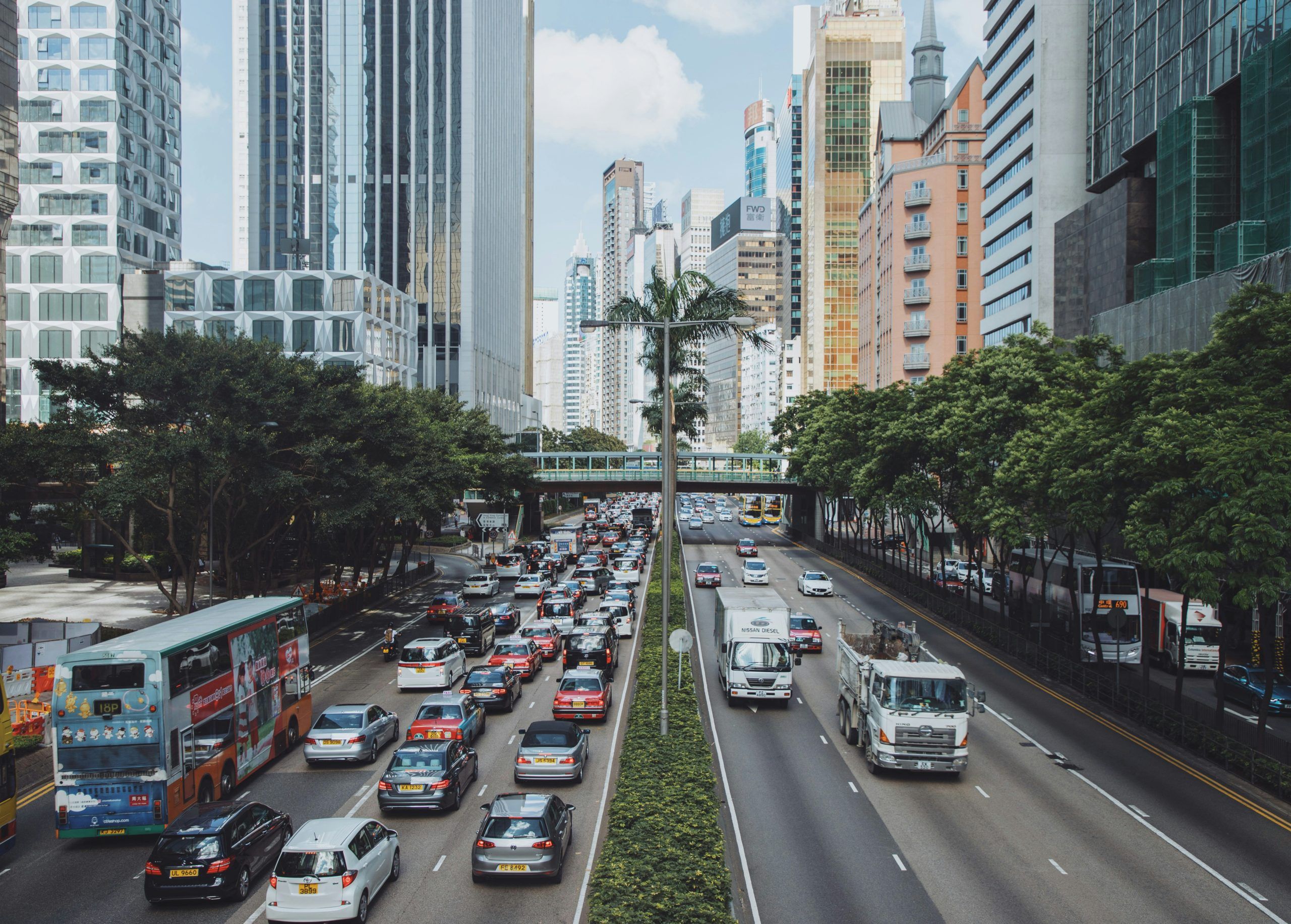There are so many laws that surround transporting goods, so you’ve got to wonder if they’re completely necessary. With all these massive vehicles out on the road daily, there are significant risks involved. The Chain of Responsibility (CoR) aims to hold all parties involved accountable to help prevent worst-case scenarios and have a quick method to identify those responsible. This policy aims to be proactive instead of reactive, but why is it so important to implement these laws?
In this article, we aim to highlight exactly why the Chain of Responsibility is so vital to the goods transportation industry and how it actually benefits everyone involved.

What is the Chain of Responsibility?
The CoR explains the hierarchy within an organisation or team and simply outlines who is responsible for the factors and decisions made regarding the operation of commercial transport vehicles within the Heavy Vehicle National Law (HVNL). This includes the driver, manager, and owner of the fleet. The Chain of Responsibility involved several key parties, including:
1. Primary Duty
The primary duty usually falls on the individual responsible for operations. In essence, it simply means that this individual needs to ensure that they’ve done all they can to make their work actions safe and ethical.
2. Drivers and Employees
Drivers or employees are parties to the CoR; however, they still need to observe the standard rules of the road and follow the necessary steps to ensure their own health and safety as drivers.
3. Executive Duty
The executive duty falls to the individual responsible for managing the business. This might be an executive officer, a branch manager, or a business owner. The duty of the executive is to do their due diligence. In essence, this means that they need to ensure they’ve taken the necessary precautions to eliminate any possible risks associated with the transportation of goods and services.
Why the Chain of Responsibility is so important
The CoR is a vital component of WHS management. This method helps ensure authoritative figures take charge of situations and that all parties abide by the policies and procedures governing their respective roles. It can also help identify areas of the business that need improvement and areas that are doing well.
The concept of the Chain of Responsibility is that everyone at every level do all they can to ensure their responsibilities are met. In the transportation industry, this would refer to the executive ensuring that vehicles are correctly maintained and safe to drive. Let’s use a chain as an example.
Have you ever heard the phrase, “A chain is only as weak as its weakest link”? Well, in this case, if one person in the operation neglects their responsibilities, it can have a catastrophic effect on the rest of the production. This is why the Chain of Responsibility is so important. It delegates authority appropriately and holds those responsible accountable if they neglect their obligations.
The benefits of Chain of Responsibility
We’ve mentioned how the CoR assists the transportation industry in running safely and smoothly, but what other benefits does it have? Here’s a few of them:
1. Determining whose at fault
In huge companies, when multiple people are involved in an operation, it can be difficult to find those who are at fault when something goes wrong. The CoR changes that. Because responsibility is delegated, if something goes wrong with a specific action, the person responsible can be held accountable.
2. Improved health and safety in the workplace
Workplace health and safety are at the centre of the CoR. Every individual involved in operating a business has a degree of responsibility to ensure a safe and healthy work environment.
3. Great system to report negligence
The CoR becomes extremely helpful in terms of workplace discipline. For instance, because everyone knows their responsibilities, it’s easier to identify when responsibility is neglected and by whom. Thus, disciplinary action can be taken sooner to avoid any other issues.

4. Safety Management System
The best way to follow the Heavy Vehicle National Law is to have a Safety Management System (SMS). This means having training, procedures, and business practices to identify risks, manage compliance, and document safety actions. The main benefit of an SMS is creating a safer work environment for employees, customers, contractors, and the public.
4. Maintains a good business reputation
Whether business owners like it or not, the actions of their employees will reflect on them. In this case, certain actions that don’t comply with the CoR can actually land business owners with a hefty fine. So, ensuring that your employees understand the CoR and adhere to it can be a method of maintaining a good reputation for your business.
Final Thoughts
Navigating through these regulations set by the HVNL can be confusing; that’s why we’d suggest you look for professionals in the industry to help you through it, like BTT Engineering. Not complying with the CoR can lead to your business getting a large fine and could even result in you going to prison. So, it is best to be compliant, right?

